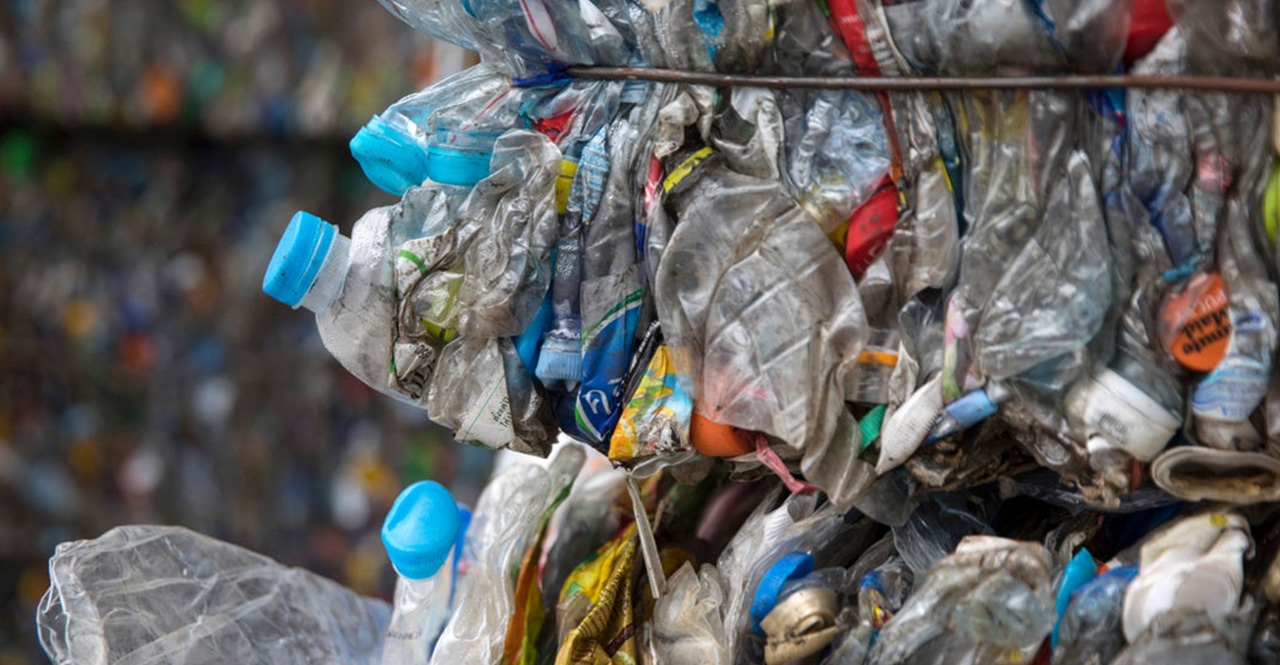Discovering the Value of Reclaim Waste in Sustainable Waste Management Initiatives
In the world of lasting waste monitoring, the idea of recovering waste becomes a crucial part that requires interest and consideration. As we navigate the intricacies of modern-day garbage disposal methods, the importance of reclaiming waste reveals a nuanced approach to mitigating ecological effect and fostering an extra sustainable future. By analyzing the intricate interaction between waste reclamation and lasting waste management campaigns, we begin to unravel a story that extends past traditional waste disposal approaches. Via a lens that prioritizes resource effectiveness and ecological conservation, recovering waste offers a compelling opportunity for addressing pressing environmental difficulties while leading the way for cutting-edge solutions in the world of waste monitoring.
Significance of Reclaiming Waste
Why is recovering waste vital in lasting waste administration methods? Recovering waste plays a critical duty in lasting waste administration by minimizing the amount of waste sent to landfills, conserving natural resources, and minimizing environmental influence.
In addition, recovering waste promotes a circular economy where products are recycled and recycled continually, advertising a much more reliable and sustainable use sources. It additionally adds to the creation of green work and economic growth in the recycling and waste administration industry. By incorporating waste reclamation techniques right into waste monitoring approaches, areas and organizations can relocate towards an extra sustainable future, where waste is watched not as a concern yet as an important source.
Benefits for the Atmosphere
In the world of sustainable waste monitoring, the practice of recovering waste not only saves all-natural sources and reduces waste sent out to garbage dumps yet likewise yields considerable advantages for the environment. By recovering waste products, such as steels, glass, plastics, and raw material, the ecological influence of resource extraction and production is decreased (Liquid waste removal). This results in reduced power intake, reduced greenhouse gas emissions, and lower degrees of air and water air pollution related to extracting basic materials
Moreover, redeeming waste aids in the preservation of biodiversity and all-natural environments. It reduces the need for garbage dump area, consequently decreasing land degradation and habitat destruction. Additionally, the process of reclaiming waste commonly involves recycling and repurposing materials, which in turn decreases the demand for new items and the linked power and sources required for their manufacturing.
Contribution to Circular Economy
Playing a critical role in fostering sustainability and resource effectiveness, recovering waste makes a significant payment to the round economic climate. By reintroducing discarded materials back right into the manufacturing cycle, redeeming waste lessens the requirement for virgin resources, thereby lowering the total ecological impact of resource removal and usage. This process straightens with the concepts of the circular economy, which stresses making the most of the value and utility of resources through closed-loop systems.
As more info here a result, redeeming waste helps to create a much more sustainable and resistant economic situation that is much less reliant on limited sources and prone to interruptions in the supply chain. Eventually, by incorporating waste improvement techniques right into waste monitoring initiatives, companies and neighborhoods can actively contribute to building a more regenerative and circular economy.
Reducing Landfill Waste

Moreover, executing waste-to-energy technologies can help in lowering the quantity of waste sent to land fills while additionally producing energy. Urging using recyclable items, such as buying bags and canteen, can significantly reduce the quantity of waste that eventually finishes up in land fills. Education and learning and recognition projects on proper garbage disposal and the relevance of lowering, reusing, and recycling can also play an essential duty in minimizing landfill waste. By prioritizing the reduction of land fill waste, sustainable waste monitoring practices can be boosted, causing a healthier setting and economic climate.

Future Ramifications
Thinking about the quick innovations in modern technology and progressing environmental obstacles, the future effects of sustainable waste administration are poised to change present practices. The fostering of ingenious technologies such as expert system, Web of Points (IoT), and blockchain click to read more can substantially improve waste monitoring, sorting, and recycling processes. These advancements make it possible for real-time tracking of waste streams, recognition of recyclable products, and improved effectiveness in resource allowance.
Moreover, the change towards a round economic climate version, where resources are recycled, recycled, or upcycled, will become significantly common. This shift not just reduces the dependence on virgin products yet likewise minimizes waste generation, causing a more sustainable and eco-friendly waste administration strategy.
Additionally, the combination of lasting waste management methods right into broader sustainability programs is anticipated to get traction. Liquid waste removal. Organizations and governments worldwide are acknowledging the relevance of waste decrease and recycling in combating environment adjustment and promoting a round economic climate. Consequently, policies and guidelines supporting lasting waste monitoring campaigns are most likely to come to be more strict, driving markets towards more environment-friendly practices
Conclusion
In conclusion, the significance of redeeming waste in lasting waste administration efforts can not be overstated. By reclaiming waste, we can lower ecological impact, add to a circular economy, and decrease garbage dump waste.
By examining the complex interaction between waste improvement and sustainable waste monitoring campaigns, we start to untangle a story that prolongs beyond conventional waste disposal approaches. Redeeming waste plays a vital role in sustainable waste monitoring by lowering the amount of waste sent to land fills, saving natural resources, and minimizing ecological effect. By incorporating waste recovery methods into waste monitoring methods, companies and areas can move in the direction of a more lasting future, where waste is seen not as a worry however as a beneficial resource.
